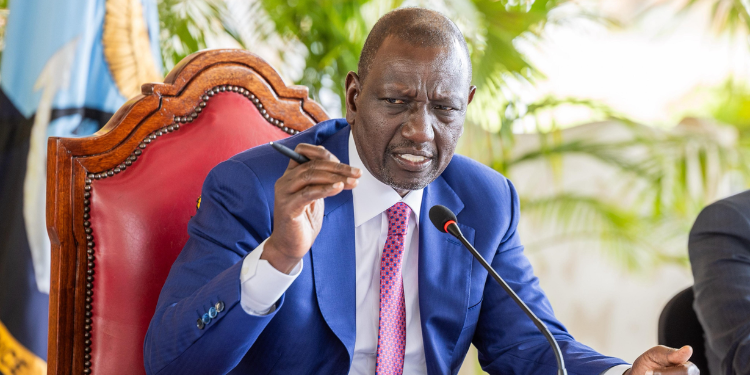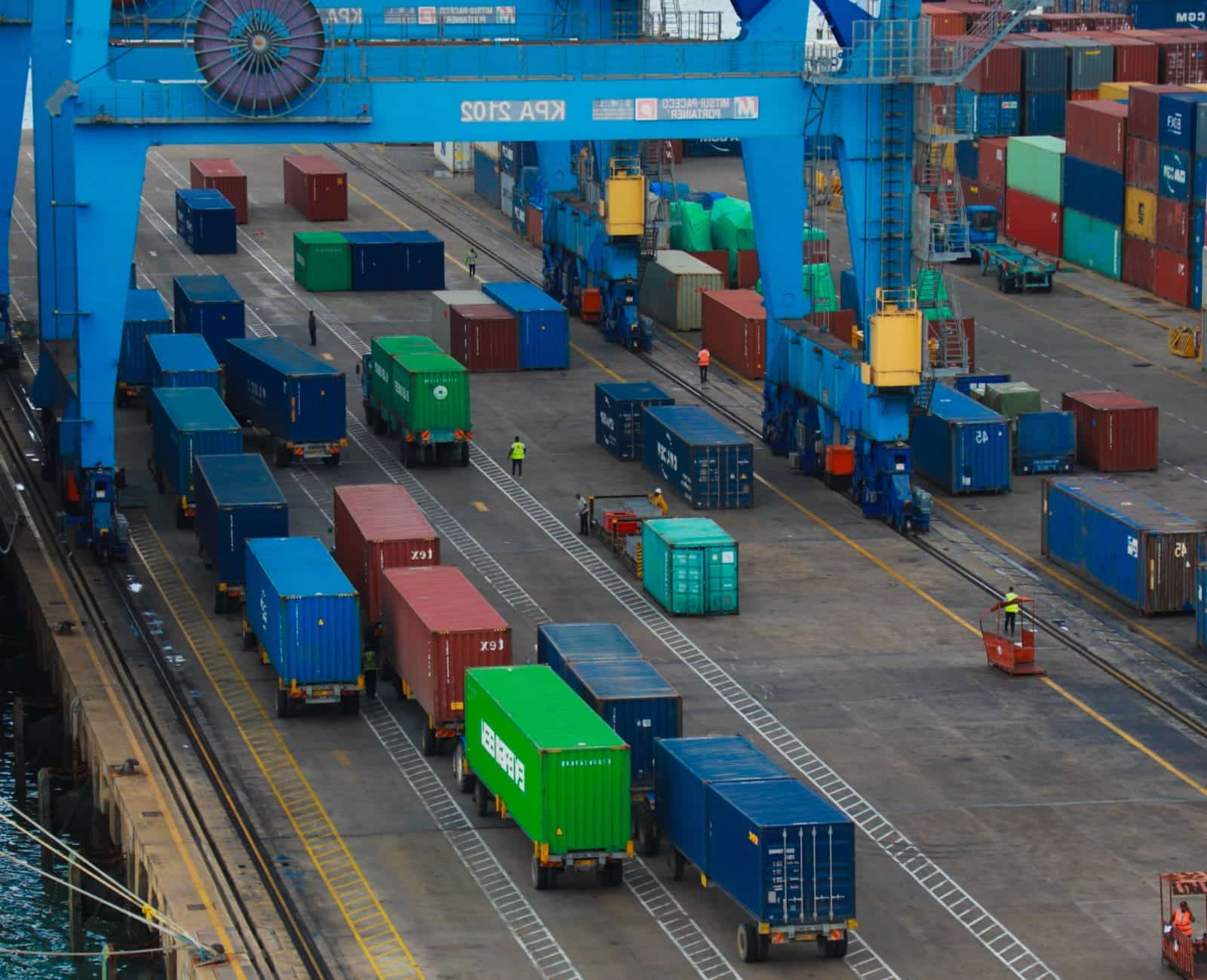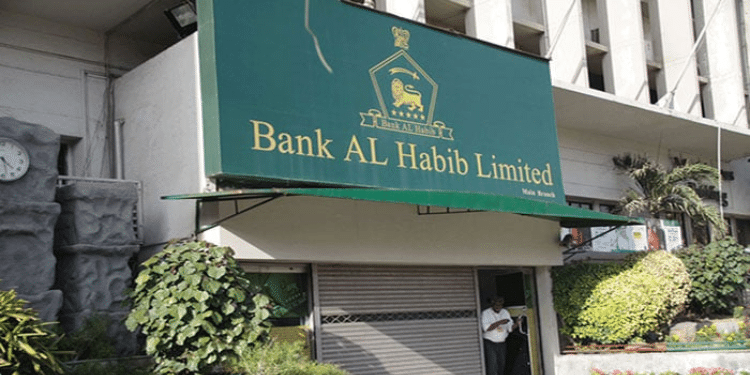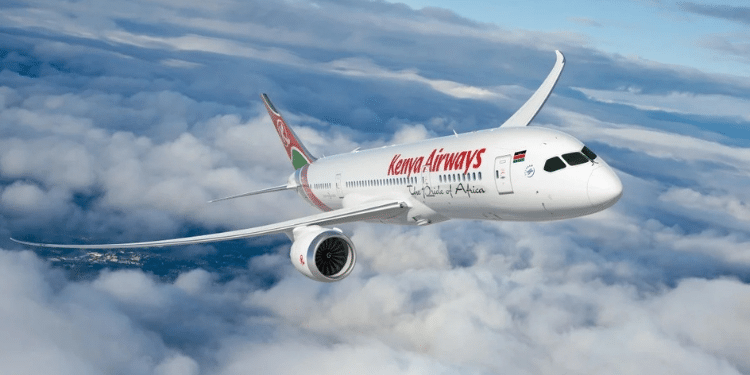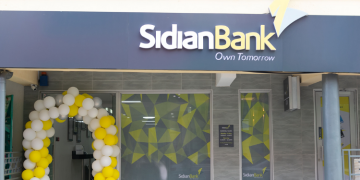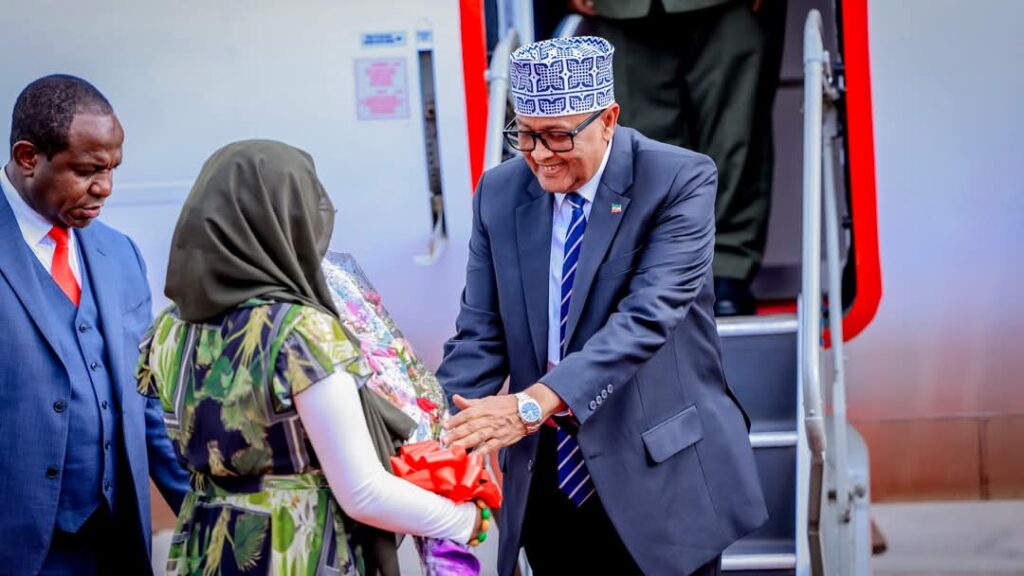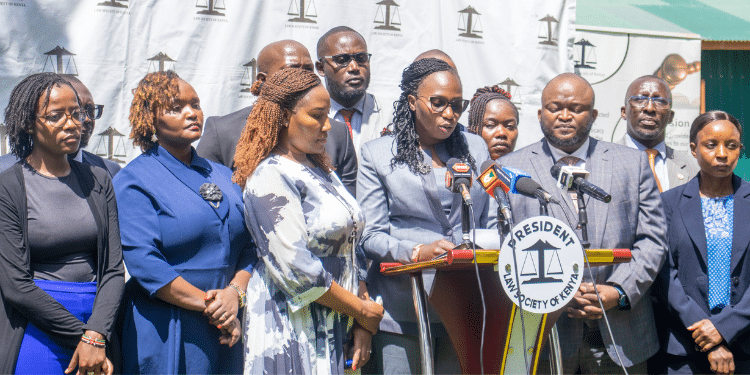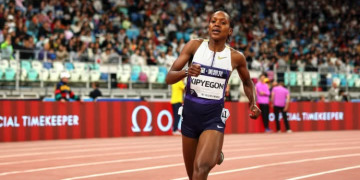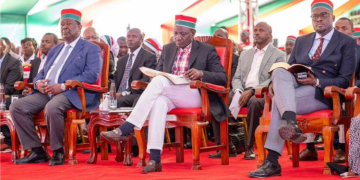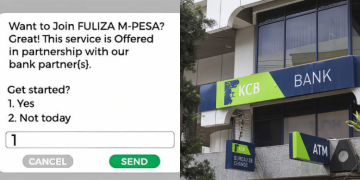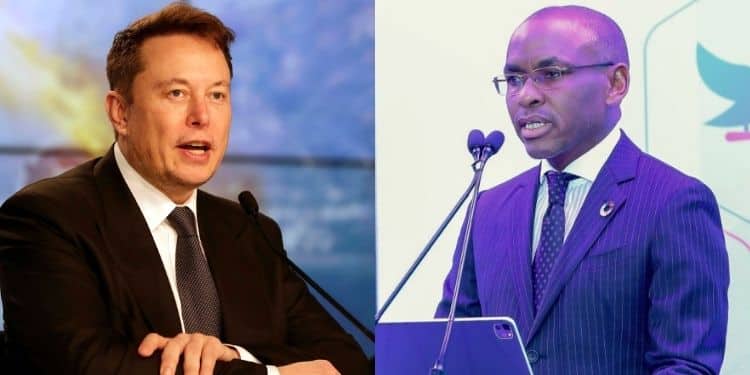The arrival of Starlink in Kenya has stirred up the internet market with Safaricom, the dominant player, facing its toughest challenge yet.
This new competition has raised questions about which provider will offer the best value, reliability, and coverage. As such, consumers now have to weigh their options carefully before making a move.
This article explores such questions, offering practical advice on choosing the right Wi-Fi provider in this new era of connectivity.
The Kenya Times reached out to experts who have analyzed what this major shift could mean for you and other internet users across the country.

What Should You Look for from an Internet Provider? Starlink Vs Safaricom
Speaking to The Kenya Times, IT expert and CEO of Data Handlers George Njoroge said that Safaricom and other internet providers should be worried about the entry of Starlink into the market.
“Safaricom should be worried, and if the game is changed and one move is made, Safaricom will be wiped out,” he stated.
His sentiments have been reiterated by the Founder and CEO of Dotsavvy, Kenya’s first digital business agency, Moses Kemibaro who noted that Safaricom is panicking because it did not expect the SpaceX satellite service to catch on as soon as it has.
Although the entry of Starlink has shaken up the market, Njoroge and Kemibaro have explained that there are still different elements to compare and look out for, as a business or individual, to end up with the best provider.
Also Read: Starlink: Cost, Advantages & How the Satellite Internet Service Works
Cost Vs Value
Customers are keen to compare the cost verses the value they realize from a provider.
In this case, for a more robust and faster connection, Starlink offers an unlimited monthly package for Ksh6,500 while Safaricom Diamond Plus monthly Package offers 40mbps for Ksh12,499.
Ultimately, Starlink proves to be cheaper for users seeking such a connection, and George Njoroge agrees.
“If you look at the cost of acquiring their services, it is expensive. The fact that the platform has attracted so many people would have meant that the cost of production has gone down, yet it has instead increased charges,” he said.
However, it is important to note that without a rental option, users will need to purchase the Starlink hardware kit at a standard price of Ksh45,500 to access the service.
Data privacy
Another concern that stands out is data privacy and Mr. Kemibaro believes that Starlink takes the day compared to other local telcos.
Although Safaricom has continuously denied it, the Telco has on several occasions been accused of sharing private customer data with local authorities and government entities.
Ultimately, this has reduced the level of trust and reliability Kenyan consumers have in the service. Starlink on the other hand, seems to have filled the gap.
“It is the one service that the government can’t touch because it goes directly outside the country. So, it cannot be monitored or managed the way other networks are,” explained Kemibaro.
“Safaricom has denied it, but we know that they have been used many times and have been sharing private data for years. It is gross violation of the rights of Kenyans,” added Njoroge.

Internet Stability
On the other hand, internet stability despite the geographical location has proven to be an important feature when choosing a provider.
Although the players in the market have provided connection for years, internet stability has remained a challenge especially in the rural areas.
Kemibaro says that it was the initial selling point for Starlink.
“It is unrestricted, meaning that it is connected to the satellite directly and is not going through the local networks. The assumption is that the quality of network will be better. The issue is that the speeds you get at home compared to Starlink, other players are slower,” he said.
Also Read: Details of Letter Safaricom Wrote to CA After Entry of Starlink in Kenya
However, businesses in urban areas have adopted it as well to use it either as backup, or because they have realized that the connection is much better.
“Many people who are running businesses have installed Starlink and are saying that they are much happier. Nobody thought that Starlink would eat into the urban internet market as well,”he added.
“The reality on the ground is that it is much better compared to other providers. So, people care about speed, quality of service, does it give you more utility?”
“Some organizations are using it as a backup, so when Safaricom and the others go down, they use the satellite connectivity so that they always stay online and operational.”
Portability
At the same time, Starlink has offered competition in this area that other local telcos have not yet completely explored.
Airtel launched pocket Wi-Fi smart boxes offering the same kind of service, but the use has not been widely adopted by Kenyan users.
“You can walk with it, take it to your rural home or send it to your mother in the village and you can support yourself in terms of connectivity anywhere globally, ” Njoroge said while pointing out the portability of Starlink.
That said, Kenyans still have other providers in the market who offer competitive services and cost including Airtel, NTT Data (Previously Dimension Data), Telcom, Zuku and Faiba.
Follow our WhatsApp Channel for real-time news updates!
https://whatsapp.com/channel/0029VaB3k54HltYFiQ1f2i2C








